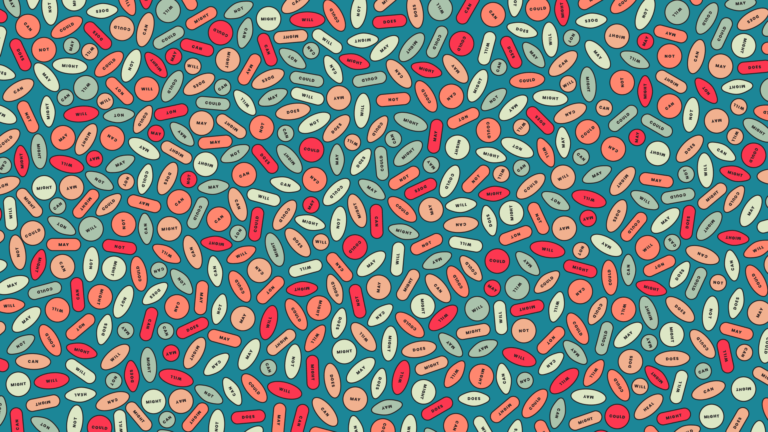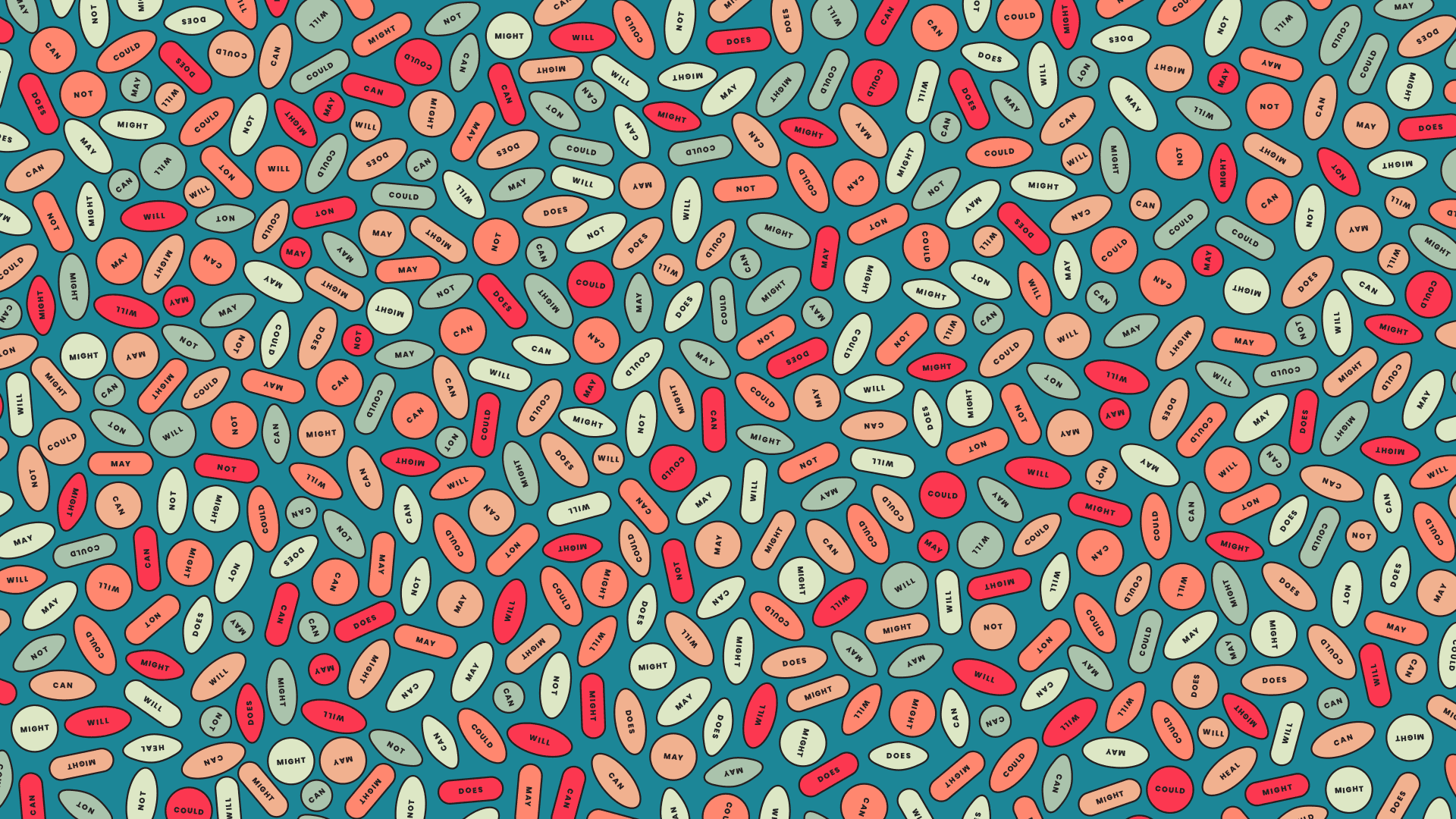Language, Science & Snake Oil
The careless use of the word ‘would’ instead of ‘could’ during a research assignment got me to thinking about definitive language in healthcare. Having practised Nutritional Therapy for over 20 years, I have witnessed many changes within the industry. Once considered an alternative therapy, nutritional therapy has earned its place alongside conventional health practices and continues to do so largely due to adherence to principles of evidence-based practice.
Historically, I recall sitting through many a lecture listening to enthusiastic claims about the efficacy of interventions, often selected from a one-size-fits-all toolkit. Rare was the occasion that such claims would be challenged. How could they be? With anecdotal evidence as the only proof, the information was only as credible as the knowledge and experience of the lecturer. Now, with the use of pathophysiological reasoning in conjunction with the evidence-based literature, a deeper understanding of the complexities of an individual’s disease process exists.
The advent of functional testing, laboratory-based analysis of established human health biomarkers, has taken the guesswork out of many a consultation process. Never am I happier than when a client is willing to undertake these valuable tests. Although often the initial outlay may appear costly, the tests have revolutionised the original naturopathic suck-it-and-see dietary and supplemental intervention approach. By giving a clearer picture of an individual’s health status they can provide more accurate guidance towards managing a client’s condition. In so doing, they have also proven to be far more cost-effective in the long run.

Sadly, associations of charlatanry with the ‘alternative’ approach can often be justified. I refer to one disturbingly recent example involving a client who had previously consulted with another very established practitioner. Via a telephone consultation with my client, this practitioner had claimed to be able to diagnose the presence of parasites through some form of extrasensory perception(!) She further claimed that my client’s parasites were located in her brain and would require a year of costly treatment (for which the practitioner was undoubtedly receiving commission). Not only was there an absence of functional testing in this case, the use of definitive language via fabricated diagnostics (not to mention the very specific, arbitrary intervention time-frame) represents a violation of the nutritional therapist’s code of conduct.
Although this form of diagnosis would signal a red flag for most people, sadly my client, who was chronically ill and very vulnerable, was desperate for relief. Believing what she had been told she embarked on a costly intervention protocol that yielded little in the way of beneficial results, hence her seeking further advice from me. Furthermore, expenses aside, she remained clearly traumatised at the thought of the parasitic invasion of her brain (well, who wouldn’t?) Despite functional tests that yielded no detectable parasitic presence, it took two sessions of thorough explanation to allay her concerns.
Offering false hopes to clients by means of misinformation (and in this case, sheer fabrication!) inflicts damage not only on the individual, but also on the profession. Although the evidence-based approach is currently receiving some negative press (for reasons too complicated to go into here), I for one am grateful to be able to manage my client base with the backing of a more robustly analytical process. It may not be perfect but it is where we are in the field of healthcare right now. To summarise my perspective on the scientific process: ‘we know what we know, until we know better.’ It’s not a bad place to be. Oh, and I’ll certainly be thinking twice about the use of definitive language in future scientific discourse!
Read More

Let’s Get Physical

Nature Nurture

All Good Intentions

Child Friendly Fayre

Soul Food for Challenging Times

